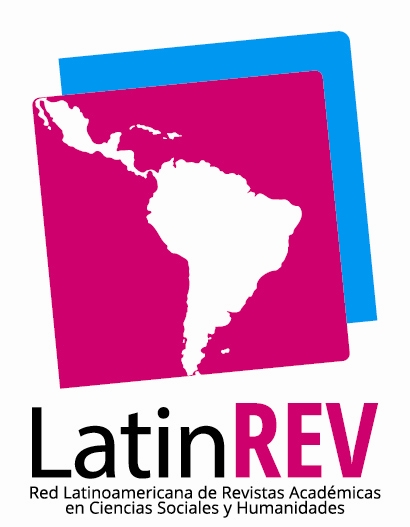History
Why “Argonautas”?
According to Greek mythology, the Argonauts were sailors on the ship “Argo,” guided across the seas by Jason, who was entrusted with the almost impossible mission of finding the Golden Fleece. During this voyage, the Argonauts overcame many challenges, facing adversity and danger through a constant struggle to reach their goal.
Similarly, educators and social scientists, academic and institutional leaders encounter daily learning, obstacles and bonds that constantly redefine our ways of knowing, understanding and acting upon reality. From this perspective, and following the initial foundations that shaped the publication, we understand that the collective production of a journal can become a space for communication, debate, and collaborative learning with education stakeholders from different fields. Looking south from the Ibero-American region, Argonautas' proposal is to contribute to the definition of “a world in which many worlds fit” (in the sense referred to by the EZLN), with the hope of promoting social transformations through the dissemination and discussion of knowledge.
With this central purpose, Argonautas was created in 2011 by the Department of Education and Teacher Training, under the direction of Roberto Araya, Ana Masi, and Horacio Del Bueno, who, along with their team, sought to make the Faculty of Human Sciences productions visible. As of 2017, and since its seventh issue, the journal was included in the Digital Portal of the FCH / UNSL, which meant a fundamental step for its scientific-academic dissemination through the OJS. In its new cycle, initiated in 2020, the Journal aims to deepen the debate among local, national, and international productions, founding a renewed navigation platform for educators, as well as the scientific community at large.





